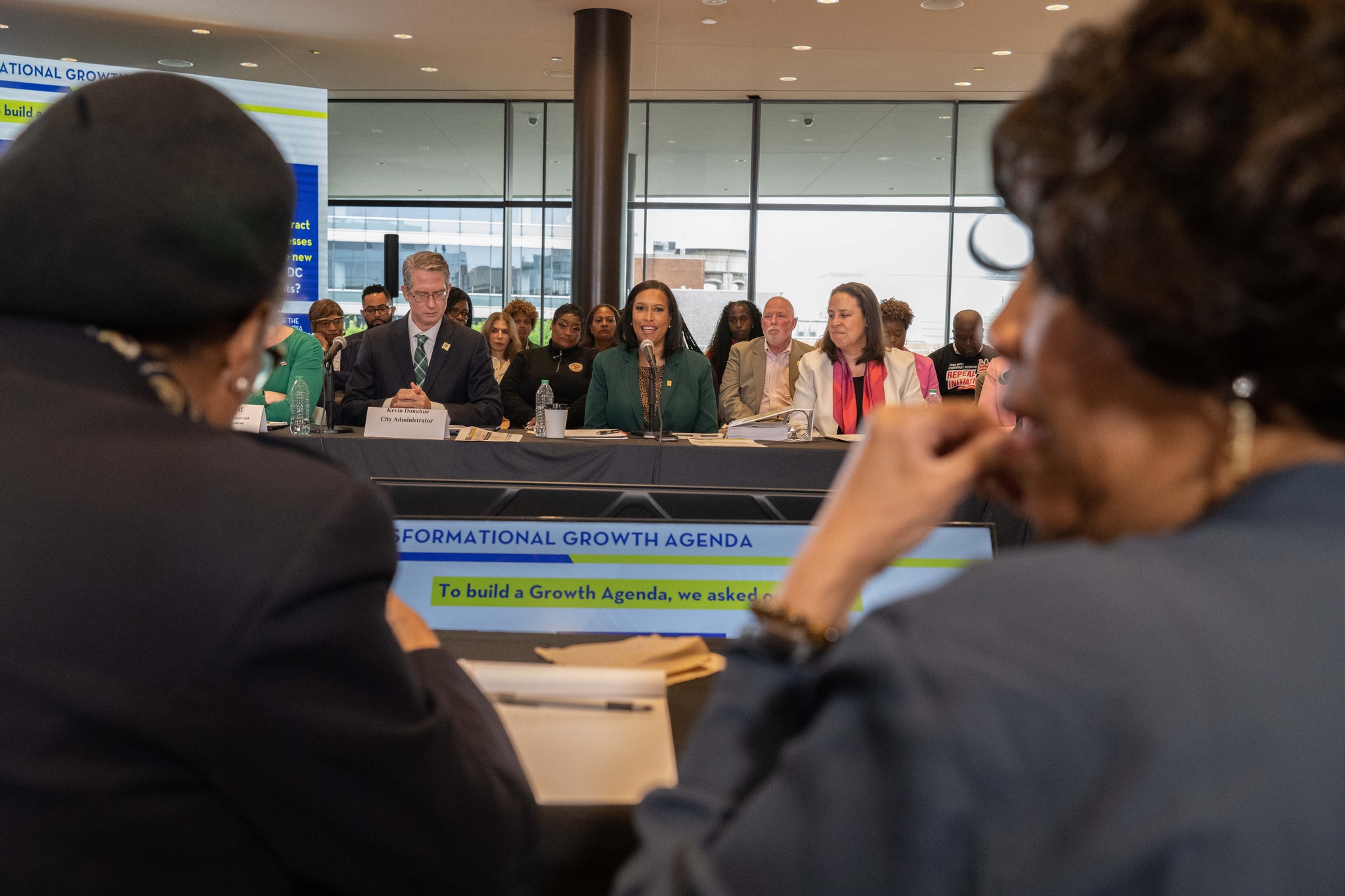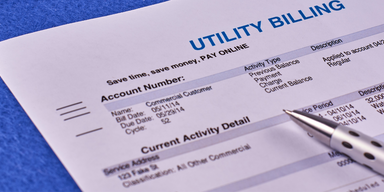
The District’s Fiscal Year 2026 budget is a test of our values as a city. Mayor Bowser’s proposed budget cuts away at the social safety net for low-income residents — at a time when our neighbors face job loss due to chaos at the federal level, rising costs, and a housing crisis. Here are some of our top priorities and concerns with the proposed FY26 budget:
Housing: Fund Emergency Assistance and Permanent Vouchers
The Mayor’s proposal almost completely slashes funding for the Emergency Rental Assistance Program (ERAP), reducing it from $26 million to just $5 million. Already, recent changes to the program passed by the DC Council have made it harder for low-income tenants to get assistance in moments of crisis. Cutting this critical program even further will only lead to more evictions.
As Legal Aid recently testified during budget hearings, the Council should invest $100 million in this lifeline program next year to prevent unnecessary evictions and displacement of people facing emergencies.
The District will continue to need to spend significant funds on emergency housing until the city adequately invests in permanent affordable housing. The Mayor’s budget proposal only includes $7.6 million for 156 new permanent supportive housing vouchers for families. This marginal increase is both unrealistic and harmful. With inflation and rising rents, we need a significant increase for all voucher programs. Legal Aid DC is asking the Council to increase funding for new permanent vouchers to $184.67 million.
Additionally, Legal Aid is asking the Council to protect our affordable housing system by permanently allocating 30 percent of Housing Protection Trust Fund dollars to housing preservation.
Health Care: Protect Coverage for Vulnerable Residents
The FY26 budget proposes deeply troubling changes to health care access for low-income residents, undermining one of the District’s biggest policy successes in ensuring that nearly every resident has preventative care. Most critically, the budget:
- Eliminates the DC Healthcare Alliance for adults over 21 and stops new enrollments. DC created the Alliance program to provide health coverage to residents who may not qualify for other programs, including those who are undocumented. Ending Alliance would force many to go uninsured.
- Kicks 25,000 people off Medicaid. The mayor’s budget would push certain residents off Medicaid into a proposed “basic health plan” with fewer benefits and uncertain cost-sharing requirements that would likely result in more medical emergencies.
- Ends the Immigrant Children’s Program, cutting off critical services for a particularly vulnerable population.
These changes would create new barriers to healthcare at a time when access should be expanding, not shrinking. Legal Aid urges the Council to reject these proposals and protect the healthcare access of our immigrant neighbors and low-income families.
Public Benefits: Support Children and Families
The proposed budget includes a dip in funding for the Temporary Assistance for Needy Families (TANF) program, which gives cash assistance to low-income families with children 18 and under. The Mayor also proposed concerning changes to the TANF program that would reduce families’ benefits, pause annual increases with the cost of living for five years, and quadruple the penalties for unjust work requirements.
Legal Aid has testified against these changes and is also asking the DC Council for a modest investment of $500,000 in DC’s child support system so that a larger portion of child support payments actually go toward supporting children. Currently, when a family receives TANF and child support payments, the majority of that child support money goes to the government—not the children. DC only “passes through” a maximum of $150 a month to families with TANF and uses the rest to fund government operations. Increasing that pass-through by $50 would be a step in the right direction toward a more just system that addresses child poverty.
The Mayor’s proposed budget also fails to fully protect food stamps, another core safety net program. It keeps funding for the Supplemental Nutrition Assistance Program (SNAP) at the same level as last year, ignoring the rising cost of groceries.
Legal Services: Secure Access to Justice
The Access to Justice Initiative supports free legal services for thousands of DC residents through organizations like Legal Aid DC. The Mayor’s budget proposes slashing funding by 67%—from $31.7 million to $10.47 million.
Last year, the Council stepped up to restore these funds after similar proposed cuts. We’re asking them to do it again. Legal services are essential when residents are fighting eviction, seeking protection from abuse, or navigating public benefits.
Legal Aid DC calls on the Council to reverse these cuts, expand vital programs, and ensure that our budget is not balanced on the backs of the poor.
The mayor's #DCBudget would slash funds for emergency rental assistance (ERAP), a cut that would push low-income tenants into homelessness. Legal Aid & @FairBudgetDC ask @CMFrumin's committee and the DC Council to invest in ERAP and make the program BETTER instead of gutting it. pic.twitter.com/wf9rMg6erU
— Legal Aid DC (@LegalAidDC) May 29, 2025
The budget also proposes a cut to TANF and harmful changes to the program, including reducing benefits for adults, a 5-year pause on cost-of-living increases, and steeper sanctions. Haley Hoff gave testimony today on how these changes would hurt DC families in need. pic.twitter.com/RD3AN2jjPz
— Legal Aid DC (@LegalAidDC) May 29, 2025




